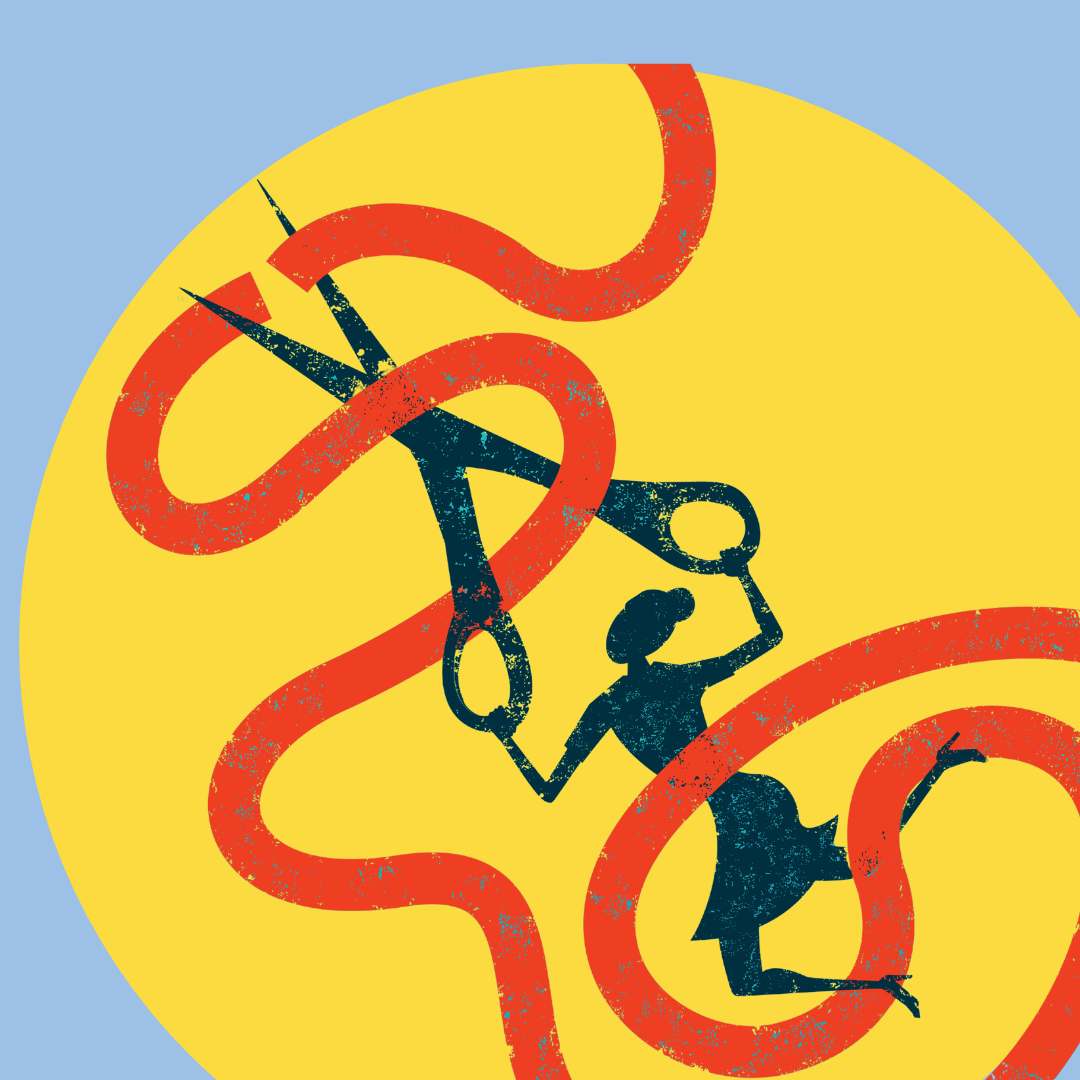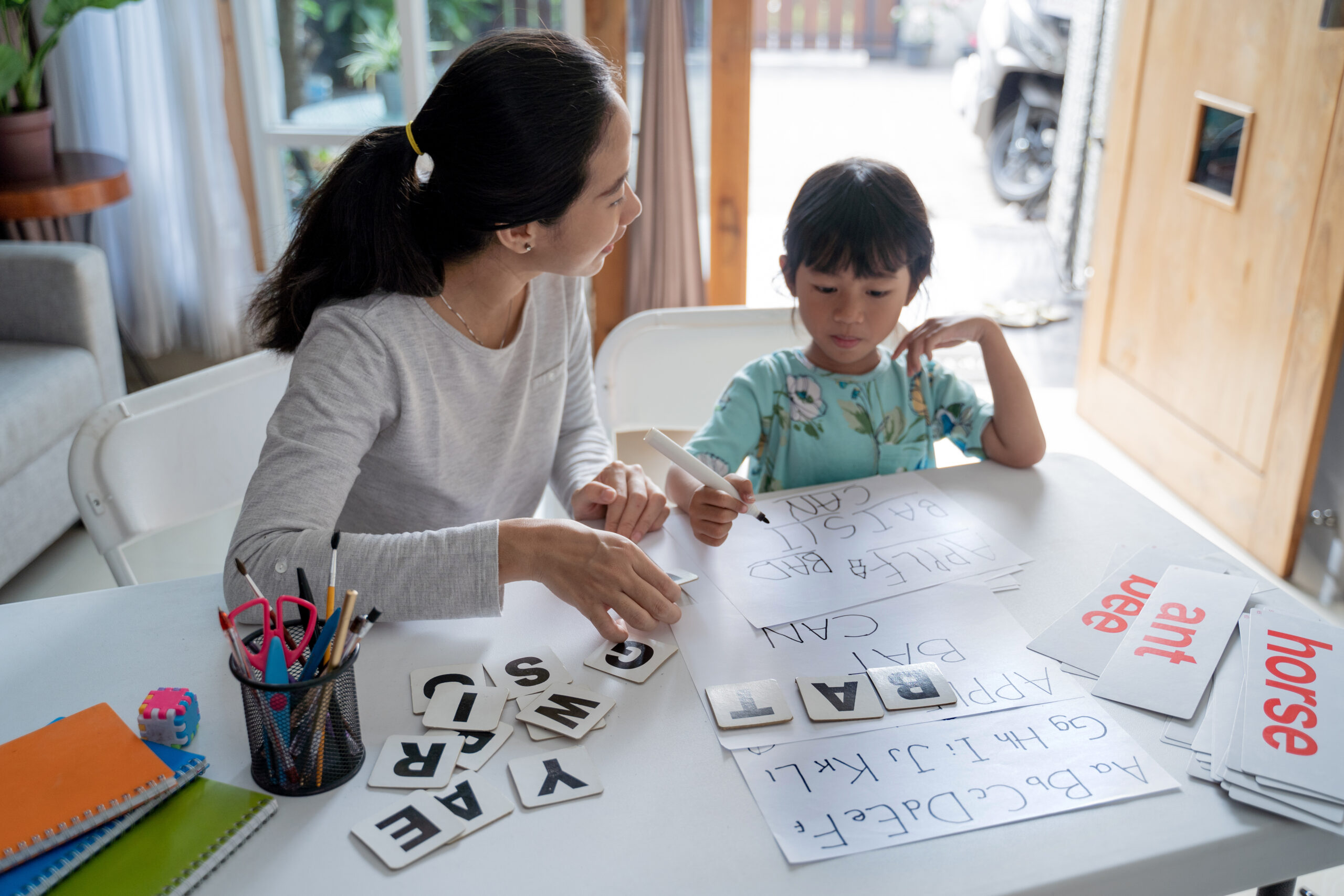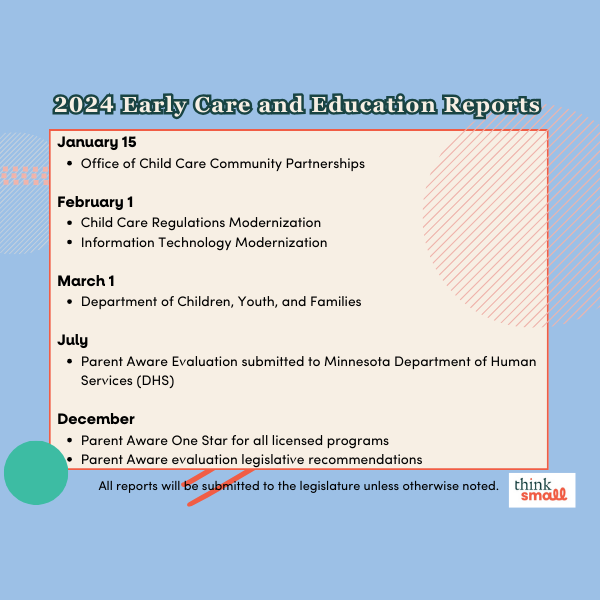 The first Minnesota’s Future Policy Hour of the season focused on legislation passed this spring. The presenters provided updates on implementation of projects.Voluntary Pre-KindergartenBobbie Burnham and Debbie Hewitt from the Minnesota Department of Education (MDE) spoke to the group about the implementation of the Voluntary Pre-Kindergarten (VPK) bill that passed in May. Here are a few quick facts about VPK:
The first Minnesota’s Future Policy Hour of the season focused on legislation passed this spring. The presenters provided updates on implementation of projects.Voluntary Pre-KindergartenBobbie Burnham and Debbie Hewitt from the Minnesota Department of Education (MDE) spoke to the group about the implementation of the Voluntary Pre-Kindergarten (VPK) bill that passed in May. Here are a few quick facts about VPK:
- $25 million allocated to create openings for 4 year olds statewide to attend preschool for free
- 183 public school districts and charter schools applied
- 74 districts and charter schools received funding, and will serve 3,302 children through this program
- Money was awarded based on 1) the percentage of children in the district receiving free and reduced lunch and 2) lack of already available 3 or 4 star Parent Aware-rated programs in the area
- Awarded sites will receive funding for 3 years
Speakers pointed out that the funding for VPK comes out of the General Fund and is separate from School Readiness money. They also noted that the turnaround time for applications was very fast. This may be part of the reason that none of the recipients was a mixed-delivery site—a partnership between schools and community-based organizations such as family child care or child care centers.There were questions about working to make mixed delivery a more viable option. Many community organizations in attendance are interested in the opportunity to partner to provide preschool. Changes to the existing wording of the law could help encourage this. Additionally, MDE plans to do some outreach to make sure charter schools and other programs clearly understand the application process.Nancy Jost of the West Central Initiative briefly talked about a report she worked on with the PreK-3 Design Team, a group of early learning professionals who came together to offer recommendations for improving pre-k to third grade in Minnesota. The report makes recommendations on how to build up Minnesota’s Pre-K system, advocating for a mixed delivery approach and addressing concerns about the early learning workforce. You can find the entire report here.Some Headstart sites have reported that VPK has disrupted their enrollment, as families send their children to VPK instead, but MDE did not currently have specific numbers to report. MDE was also not able to say how many new children are served with the new $25 million program. It is possible some programs are using the VPK money to fund 4 year olds already enrolled in pre-k programs, instead of serving children who did not previously have access to an early care and education program.There was also a question about assessments and outcomes for children in various preschool programs. Right now MDE collects some data on students but does not have the capacity to evaluate all early learning students. They are implementing new data tracking systems in the near future to hopefully address this issue and provide a clearer picture of kindergarten readiness in the state.Greater Minnesota Child Care ShortageLegislators passed a bill to provide $500,000 to address the child care shortage in Greater Minnesota last session, and designated the MN Department of Employment and Economic Development (DEED) to help allocate the funding to address this growing problem. In recent years, an increased amount of childcare businesses have closed in rural Minnesota, and not nearly enough new ones have opened. This money was designated to address the issue as part of the recommendations that came out of the House Select Committee on Affordable Child Care.The bill and funding are unique because they flow through DEED. This is new and exciting for child care, which has not received funding through this department before but is certainly considered an employment and economic development issue by many.Joining the group to present was Brandon Toner, who works in the Small Business Assistance Office at DEED. He is charged with determining how to spend the money in a way that makes the most impact. He has already met with some people in the field and heard about challenges to providers including lack of access to trainings, recent retirements, and low wages. He has heard from the Department of Human Services that it is important not only to create new opportunities for children, but to ensure those opportunities are high-quality, to which many in the room expressed agreement.Toner will continue to gather information and will release the Request for Proposal on November 1st, which will be open until January 1st, 2017.Additional legislation passed last session includes $100,000 for creating a child care start-up guide for Greater Minnesota. Development of the guide is still in process. Parent Aware received $2 million. To learn more about how that money will be spent, read this guide. For additional overview information, check out the Minnesota’s Future guide here.







